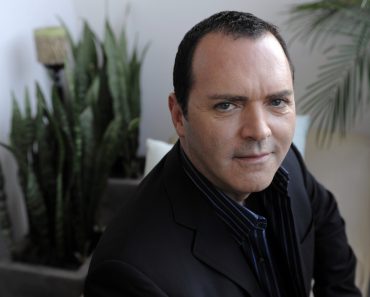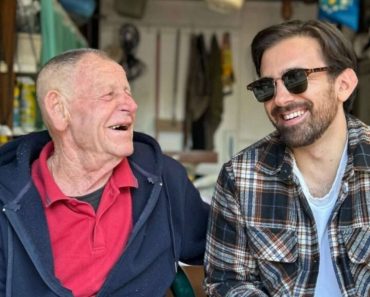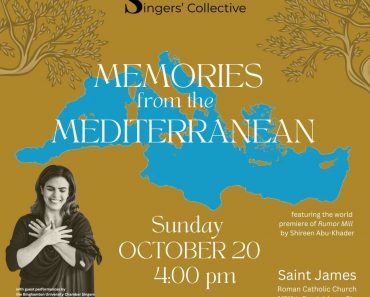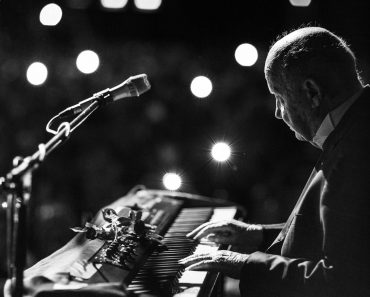Reviewing the last recording of Martinů’s The Greek Passion to feature in the pages of Gramophone – live from Graz (Oehms, 8/17) – Mark Pullinger noted that it would be wonderful if a DVD of the production were to appear. That, as far as I’m aware, hasn’t come to pass. This release, however, offers substantial recompense: a compellingly contemporary staging of this sadly ever-contemporary work from the Salzburg Festival (presenting the revised version of the opera, premiered posthumously in Zurich). With an outstanding cast and superb playing from the Vienna Philharmonic, it fills a large gap in the catalogue in some style.
What it also does, above all, is convey compellingly the special power of Martinů’s remarkable score: simultaneously tender and strong, beautiful and unflinching, tautly argued with not a single unnecessary note. Only the composer’s own libretto – fashioned in English from Nikos Kazantzakis’s novel Christ Recrucified when he was hoping for a Covent Garden premiere under Rafael Kubelík – has drawn slight criticism. But for me, its slightly workmanlike nature only adds to the work’s overall aesthetic honesty.
Director Simon Stone was apparently determined to shine a light on the powerful contemporary resonances in the work’s story of religious hypocrisy, in which intolerance, xenophobia and suspicion within a close-knit community lead not just to the persecution of others but also, in this case, to the lynching of one of their own: Manolios, chosen to portray Christ in the village’s Passion play, who also pays the ultimate price for his compassion.
The wide space of the Felsenreitschule is opened out in Lizzie Clachan’s set to a kind of tabula rasa, with clever use of minimal trap doors and windows. The villagers are dressed in various shades of white, off-white and grey, the arrival of the refugees, dressed in dishevelled colours, representing a doubly unwelcome intrusion. As the evening progresses, the slogan ‘Refugees Out!’ is gradually daubed across the huge back wall.
This provides the background for detailed direction of an outstanding cast, led by Sebastian Kohlhepp’s eloquent, moving Manolios. Gábor Bretz is imposing, unmoving as the priest Grigoris, Lukasz Goliński compassionate as his counterpart among the refugees, the priest Fotis.
Christina Gansch and Sara Jukabiak are excellent as Lenio and Katerina, the two women vying for Manolios’s affections, while Julian Hubbard acts and sings superbly as Panais, reluctantly agreeing to play Judas and inexorably drawn into the role and its dark implications. Charles Workman’s Yannakos is charmingly good, the actor Robert Dölle grimly bad as the rabble-rousing Ladas.
The international nature of the cast makes for slight variations in accents – and Ladas is brashly American – but that bothered me little in a production of such concentration and focus. The clear, purposeful and sensitive conducting of Maxime Pascal, impeccably realised by the Vienna Philharmonic, offers a superb musical foundation, further complemented by excellent choral singing. All in all, an important production of an important work. Highly recommended.







